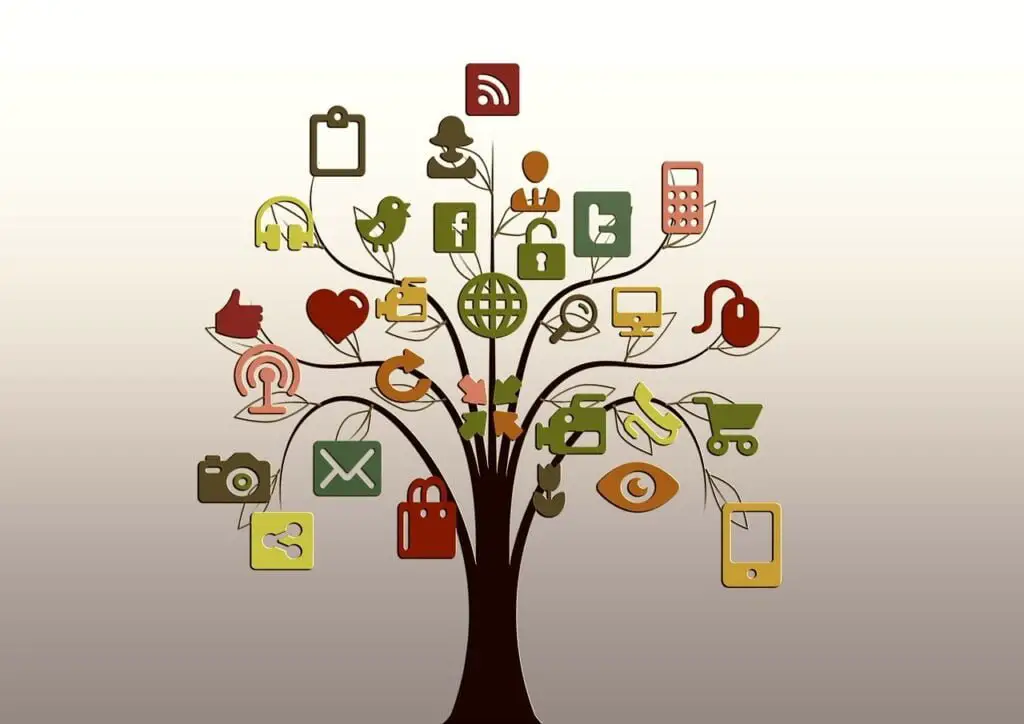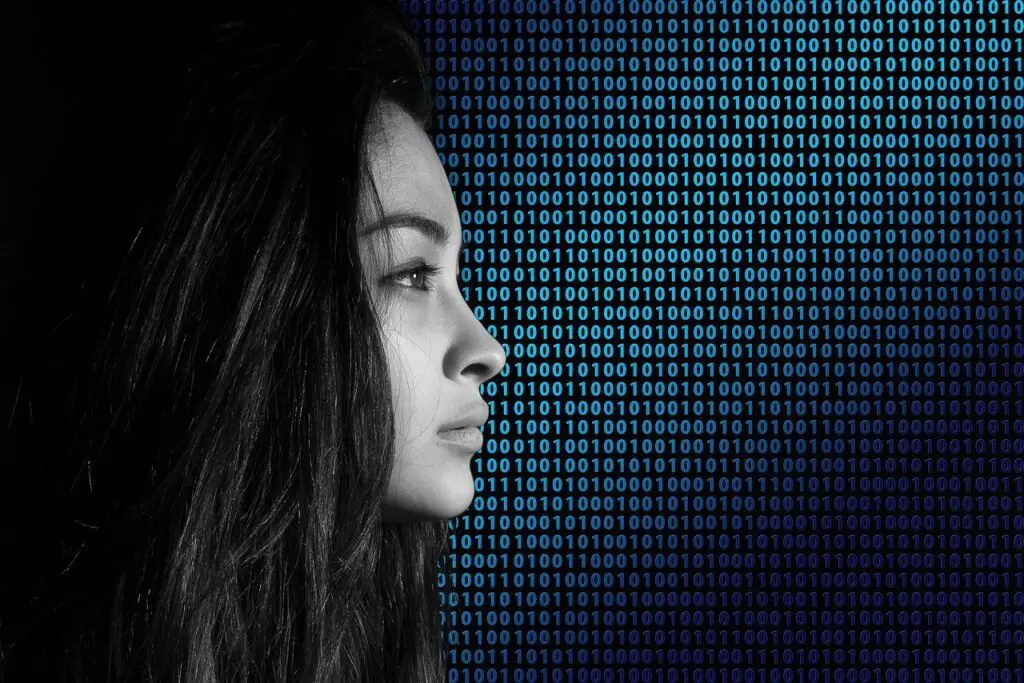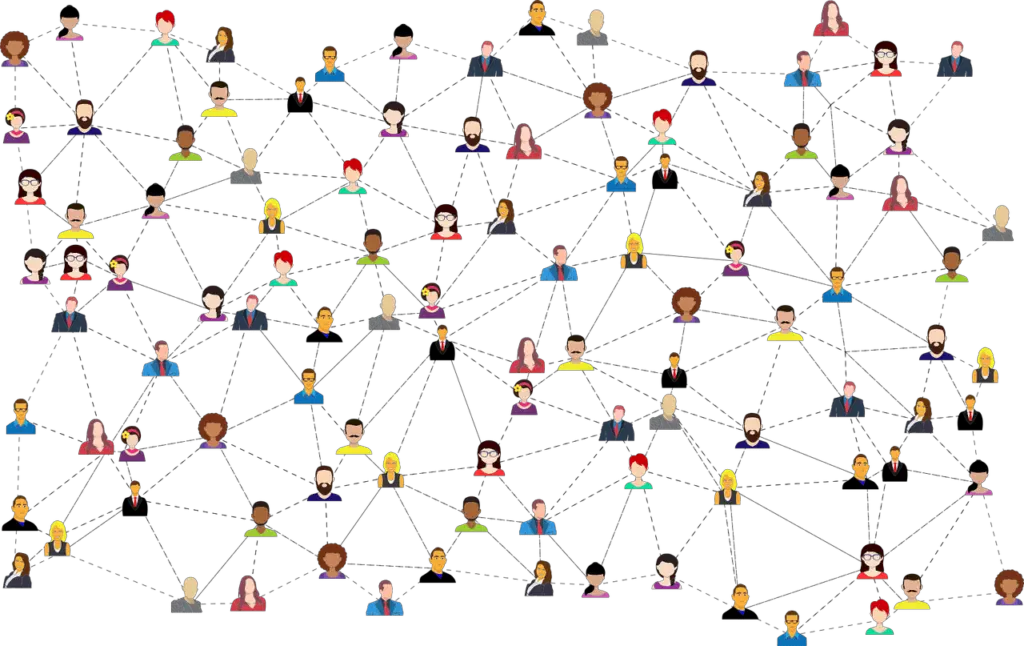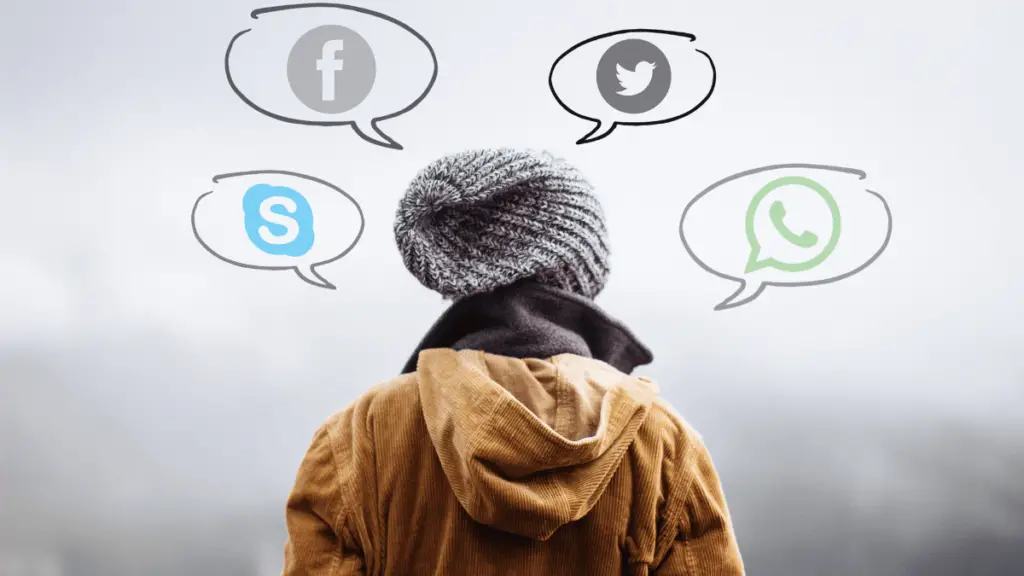In the era of connectivity, social media has woven itself into the fabric of our daily lives. While it serves as a powerful tool for communication, networking, and self-expression, the impact of social media on mental health has become a topic of growing concern. This article explores the intricate relationship between our digital presence and mental well-being, shedding light on the challenges and opportunities presented by the virtual realm.

The Allure of Social Media
The Social Connection Paradox
Social media platforms promise to connect us with friends, family, and a global community, transcending geographical boundaries. However, the paradox lies in the potential isolation that accompanies excessive digital interaction. As individuals immerse themselves in curated online personas, the real-world connections may fade, leading to feelings of loneliness and detachment.
The Quest for Validation
Likes, shares, and comments have become the currency of validation in the digital age. The pursuit of online approval can morph into a relentless quest for perfection, affecting self-esteem and fostering a culture of comparison. This constant comparison often termed the “highlight reel” phenomenon, can contribute to feelings of inadequacy and anxiety.

The Dark Side of Digital Presence
Cyberbullying and Mental Health
The anonymity provided by the internet has given rise to cyberbullying, a pervasive issue that can have severe consequences on mental well-being. The impact of hurtful comments, online harassment, and the viral nature of digital negativity can leave lasting scars, affecting self-confidence and contributing to mental health challenges.

Fear of Missing Out (FOMO)
The selective presentation of content on social media platforms has the potential to skew our perception of reality. The fear of missing out (FOMO) can lead to anxiety and a constant need to stay digitally connected. The pressure to keep up with the perceived successes and happiness of others can contribute to stress and a sense of inadequacy.
Coping Strategies for a Digital Age
Mindful Social Media Consumption
Being mindful of the time spent on social media and the emotional responses it triggers is crucial. Establishing healthy boundaries and recognizing when to disconnect can help maintain a balanced relationship with the digital world.

Cultivating Authentic Connections
Prioritizing meaningful face-to-face interactions and nurturing authentic relationships offline can counteract the potential isolation fostered by excessive social media use. Building a supportive network in the real world contributes positively to mental well-being.
Digital Detox Practices
Periodic digital detoxes, where individuals intentionally step back from social media, allow for mental reset and reflection. Unplugging from the constant stream of information can alleviate stress and contribute to a healthier mental state.
Conclusion
As social media continues to evolve, it is essential to acknowledge its impact on mental health and develop strategies for a harmonious digital existence. By fostering a culture of mindfulness, authenticity, and balanced usage, we can navigate the digital landscape with resilience and prioritize our mental well-being in an increasingly interconnected world.